Different world
Most neuroscientists who study autism focus on genes, pathways and mouse models, and rarely think about the day-to-day experience of people with the disorder, contends developmental psychologist Ami Klin.
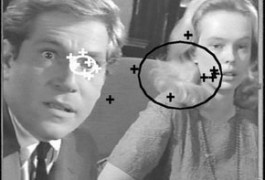
Most neuroscientists who study autism focus on genes, pathways and mouse models, and rarely think about the day-to-day experience of people with the disorder, contends developmental psychologist Ami Klin.
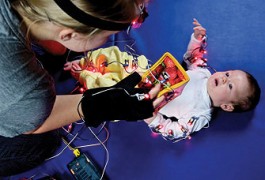
A fascinating project is measuring the precise movements of infants as they interact with objects and people. The researchers are using the data to learn about infant development and build a ‘social’ robot.
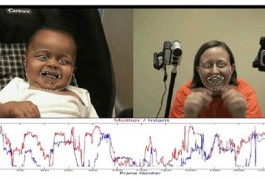
A $10 million grant from the U.S. National Science Foundation is funding a five-year project to develop new technologies that can help clinicians diagnose and treat autism.
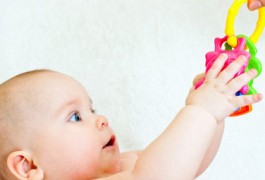
A new study suggests that the key to social development lies in motor development, and in an infant’s early interactions with non-social objects.

A new study finds that preschool teachers can help improve social skills in 2- to 5-year-old children with autism by modeling behaviors such as showing and pointing, and enthusiastically responding when children mimic these behaviors.

Boys who have autism-like social deficits at 2 years of age retain about the same level of social impairment when they reach age 20.

Individuals with fragile X syndrome make slightly more eye contact in stressful social situations after taking oxytocin compared with placebo.
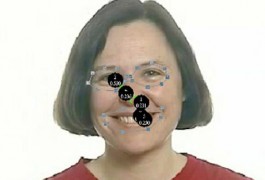
The brains of teenagers with autism and their unaffected siblings respond similarly to both happy and neutral faces, whereas those of controls seem to prefer happy ones, according to a study published 12 July in Translational Psychiatry.
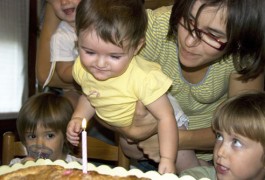
Memory is a notoriously unreliable guide, and this is especially true when strong emotions are involved. So it’s not surprising that parents of children with autism tend to recall the exact onset of their child’s symptoms with something less than accuracy.

Unlike typical controls, adults with autism do not synchronize their eye blinks with those of other people, according to a study published in the July issue of Neuropsychologia.